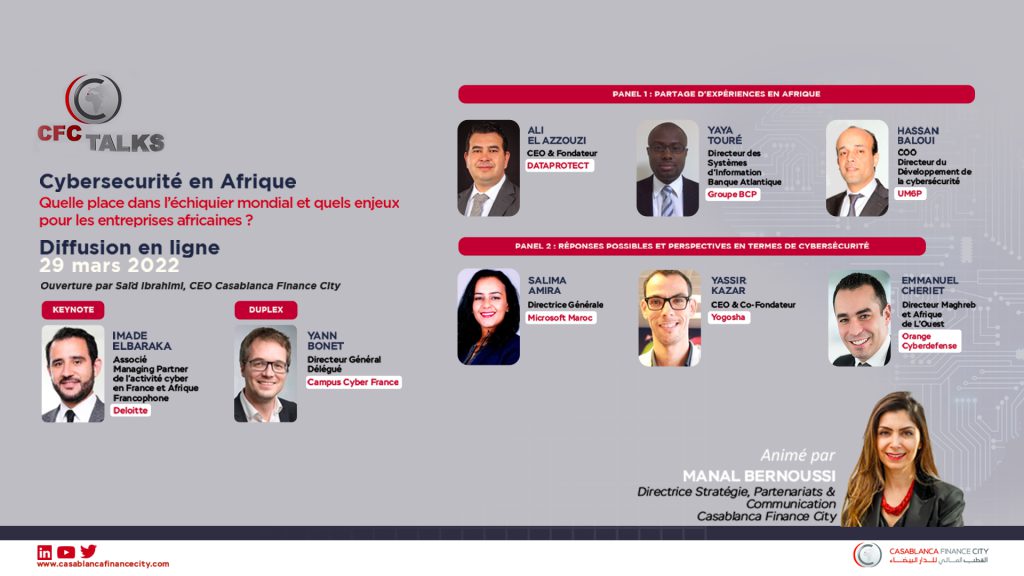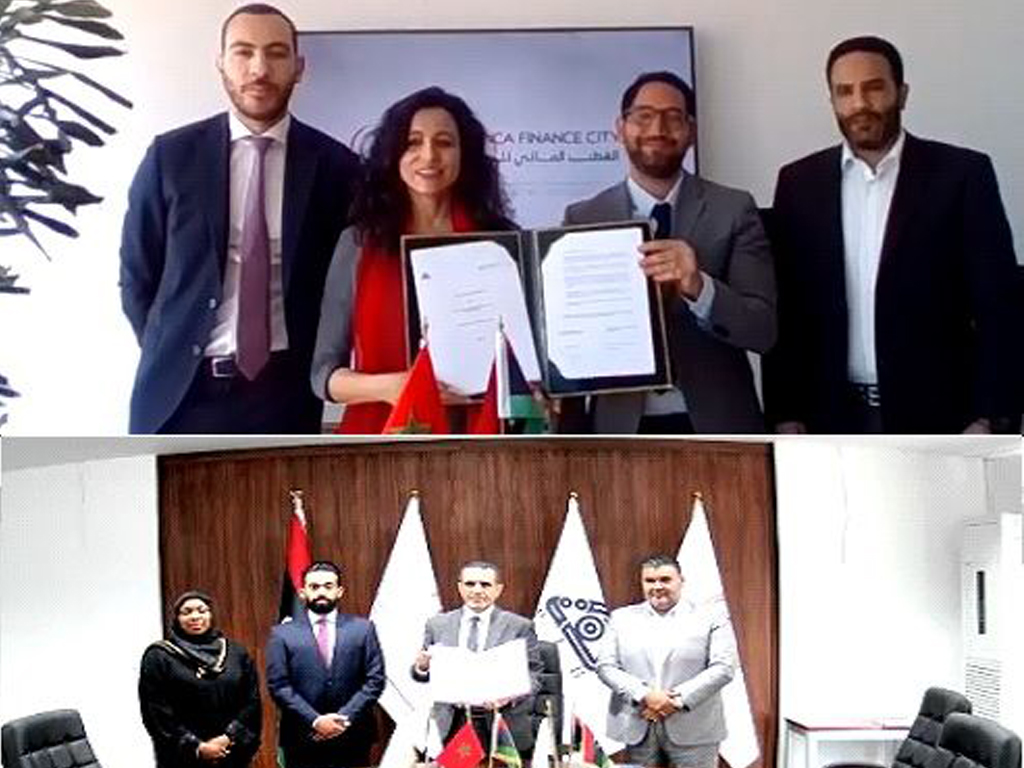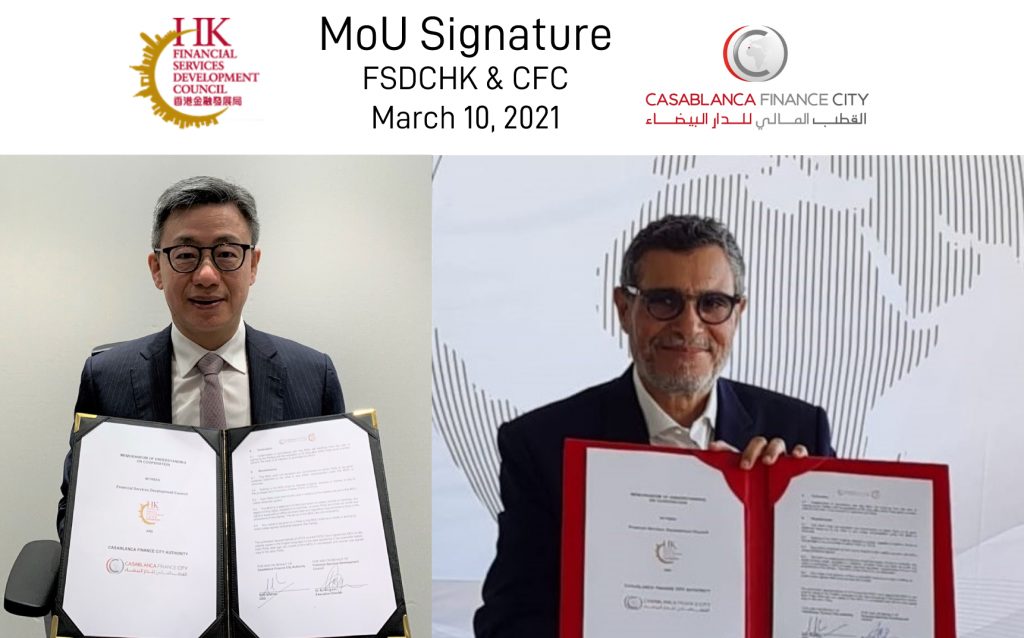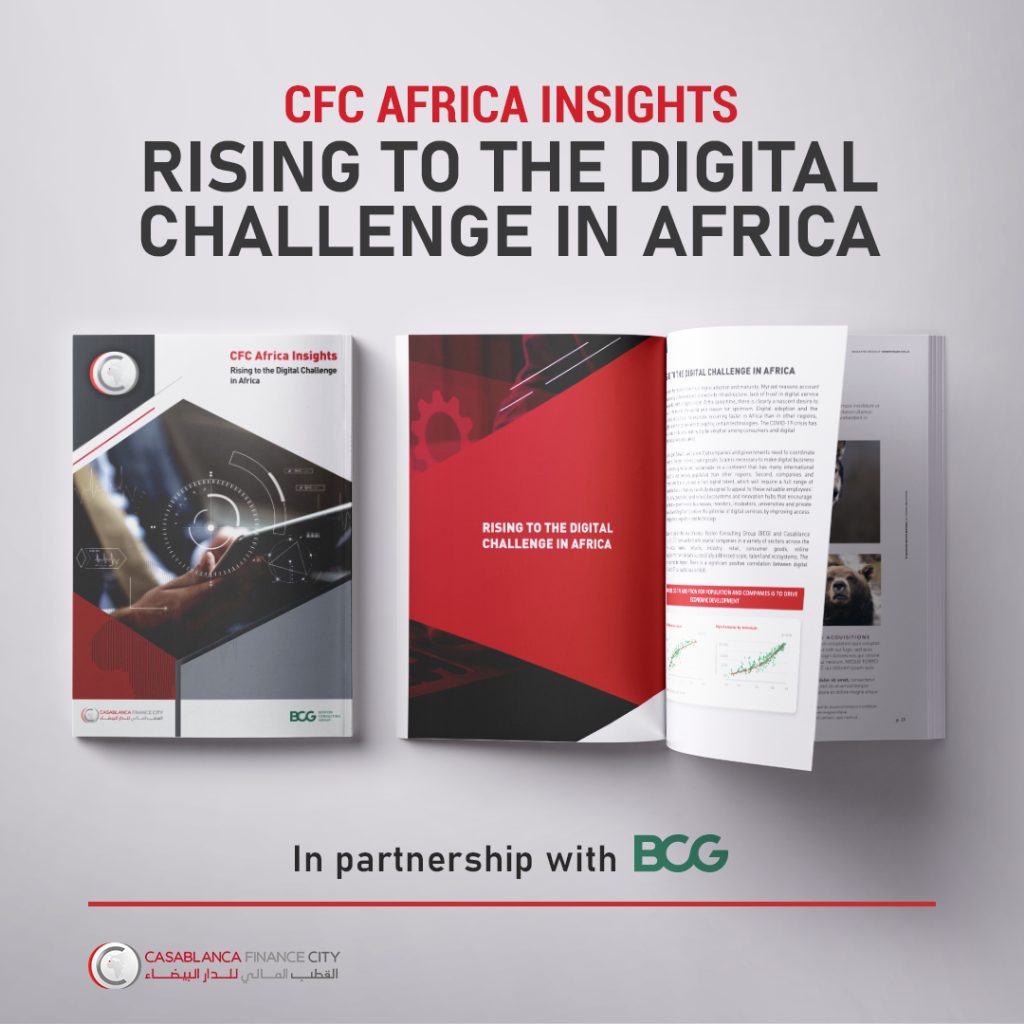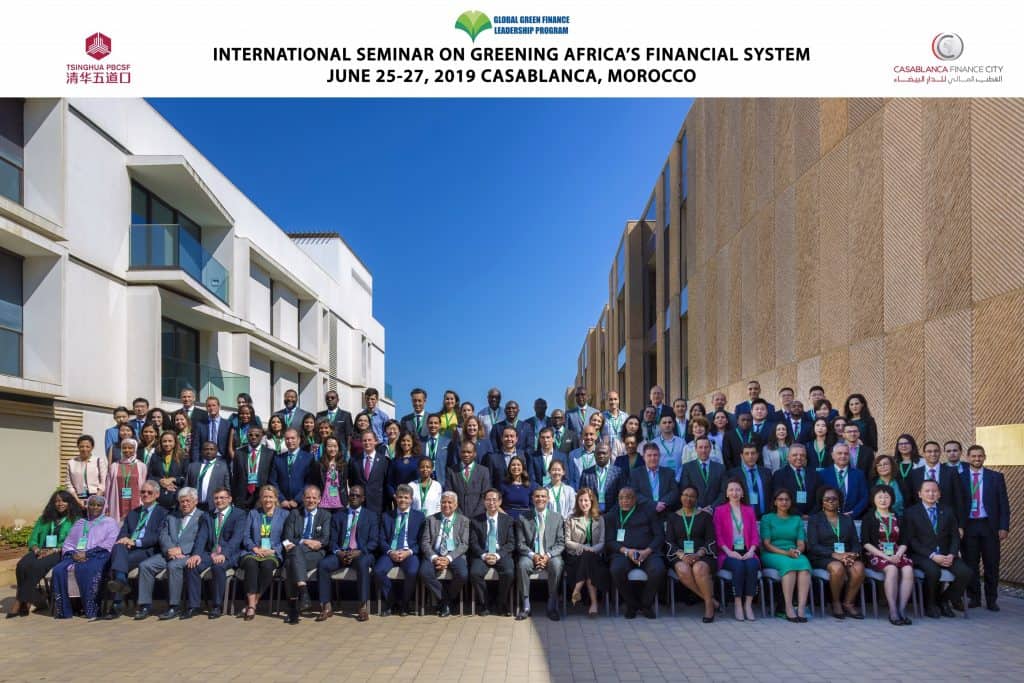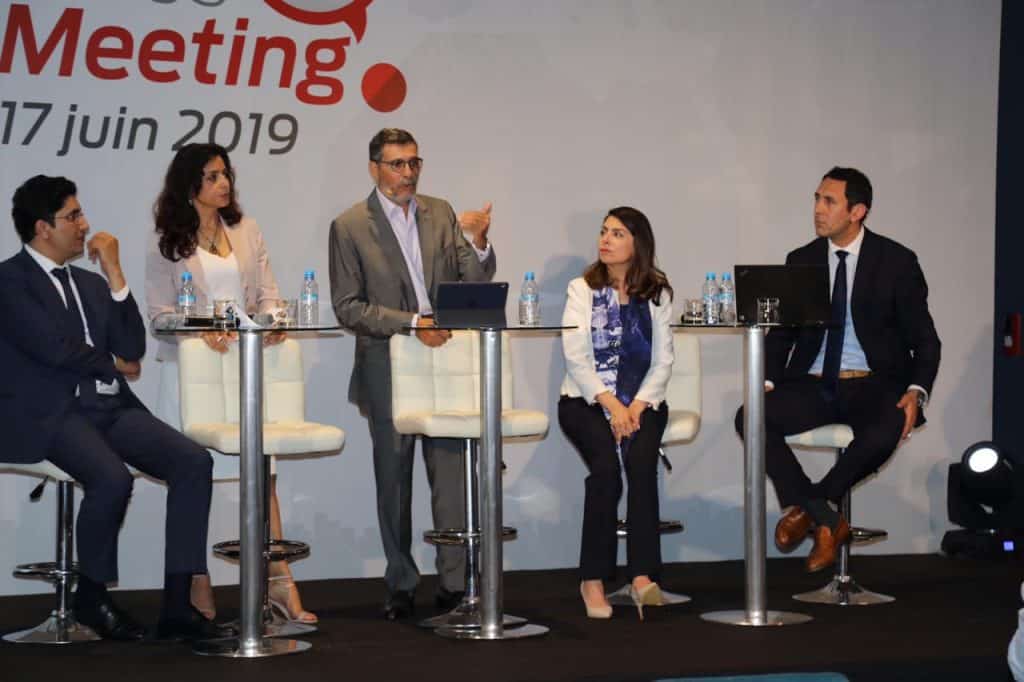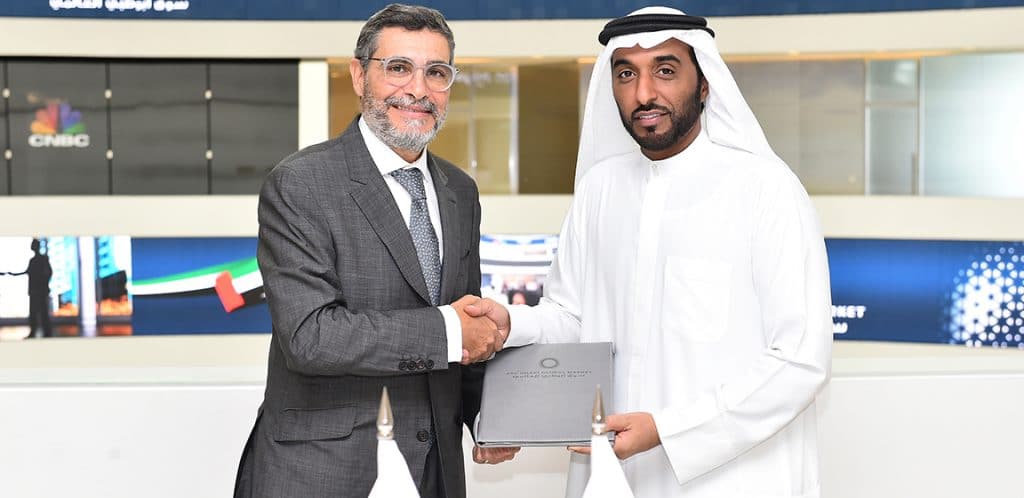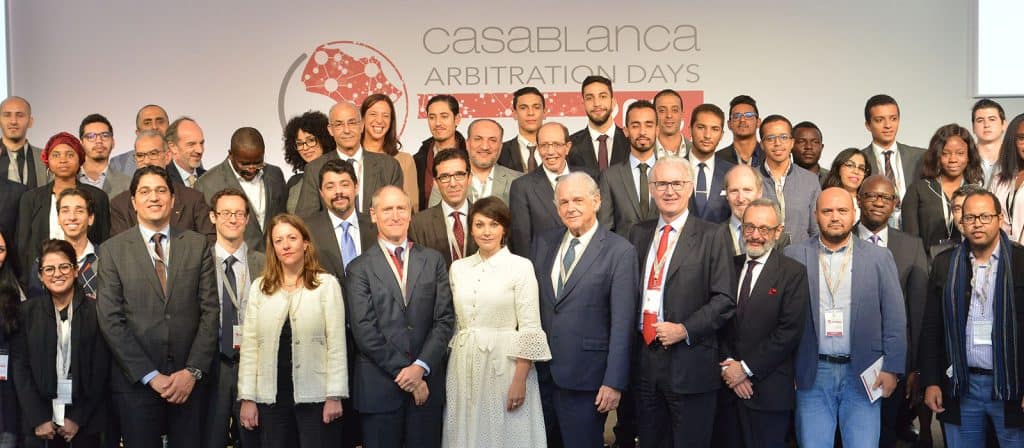Casablanca Finance City launches a debate on the challenges of cybersecurity in Africa
Casablanca – 29/03/2022
Cybersecurity in Africa: what position on the global arena, and which strategic challenges
for African companies? This is the theme of the 2nd edition of the “CFC Talks” program, released
online by Casablanca Finance City.
The CFC Talks were first launched in 2021, with the aim to offer an African perspective and to
share field experiences with local and international investors willing to expand their activity on the continent.
For the opening of this second edition, Mr. Saïd Ibrahimi, CEO of Casablanca Finance City, highlighted changes and shifts due to digitalisation, “a true growth accelerator” that represents a significant risk factor in the wake of cyberattacks that have cost Africa to have reached 4 billion dollars in 2021 (Interpol). He also underscores that “Africa, like the rest of the world, must equip itself to face the challenges of cybersecurity” as he reminds the audience that “there are several cyber-specialists in the CFC community that focus on Morocco and on the continent.”
This program, hosted by Manal Bernoussi, Director of Strategy, Communication and Partnerships at Casablanca Finance City, included the participation of members and partners of the CFC community, who shared their ideas on the subject. Mr. Imade Elbaraka, Associate Managing Partner in Cyberactivity for France and Francophone Africa at Deloitte, confirmed the high cost of cyberattacks and how many institutions could benefit from an increased vigilance regarding challenges linked to cybersecurity. Studies conducted by Deloitte reveal that 49% of global organisations discuss cybersecurity in the context of board meetings, while only 12% of African companies do the same.
A multifaceted and cross-border threat
During the first panel, which focused on field experiences on the African continent, Mr. Ali El Azzouzi, CEO & Founder of Dataprotect, drew attention to the fact that cybercriminal activity does not require any real ICT expertise. He confirms the continent’s vulnerability to cybercrime, underscoring that cybersecurity is a question of good governance, while there is a lack of cooperation between African countries, particularly as the phenomenon is transnational.
As for Mr Yaya Touré, Director of Information Systems at Banque Atlantique, a subsidiary of Groupe BCP, he believes that cybercriminals now tend to focus attacks on clients who make use of digital services, and who have thus become targets of choice due to the absence of a digital culture.
In the context of a lack of qualified human resources, training future talents has become a priority for UM6P. According to Mr. Hassan Baloui, COO and Director of Cybersecurity Development at the Mohammed VI Polytechnique University, this institution is well aware of the need to adapt training methods to the requirements of industrial partners, as well as the needs of the Moroccan economy in particular and the African economy in general. Bearing witness to the “brain drain” that is affecting all of Africa, he reminds us of the necessity to retain these young talents, as human capital training requires more time than infrastructure investment.
Sharing his own experience, Mr. Yann Bonnet, Deputy CEO of Campus Cyber in France, an initiative recently launched by President Emmanuel Macron, offered the case study of Campus Cyber France, an ecosystem of 1600 companies grouped within a shared physical space, and working together toward the development of talent and innovation. In more general terms, the ultimate goal is to develop collective intelligence to be in a better position to face threats.
Developing cooperation on a continental and international scale
In the second panel dedicated to potential responses and perspectives in terms of cybersecurity, Mrs Salima Amira, CEO of Microsoft Morocco, emphasized on the increase in risks due to remote work caused by the pandemic breakdown. She also specified that the blending of domestic and professional networks has increased the number of access points for cybercriminals.
This concern was shared by Mr. Yassir Kazar, whose company, Yogosha, has developed a means of safeguarding by ethical “hacking”. The CEO & Co-Founder of Yogosha placed emphasis squarely on the need to invest in security, as certain regulations might seek to place liability on the company in the case of an attack.
Hence the considerable need for support, explained Mr. Emmanuel Cheriet, Managing Director of Orange Cyberdefense for the Maghreb and West Africa, as cybersecurity is a complex domain, and there are multifaceted threats.
It is clear from these discussions that Africa is not spared from cybercriminality, though the continent remains under-prepared to face these challenges. Insufficient investment as digitalisation continues to expand, the lack of skilled human capital, and weak levels of cooperation on a continental scale are the principal causes of this shortfall. The result is an obligation to generate greater financial resources for security and the training and retention of talent.
This is precisely the constructive role of ecosystems that bring together diverse actors, implicating public and private organisations to encourage cybersecurity expertise. Ecosystems such as those built by CFC and UM6P, as well as similar initiatives, will undoubtedly constitute a fertile ground for the development of this sector.
Watch the 2nd edition on CFC youtube channel: https://www.youtube.com/watch?v=G7kngq1LHnA

